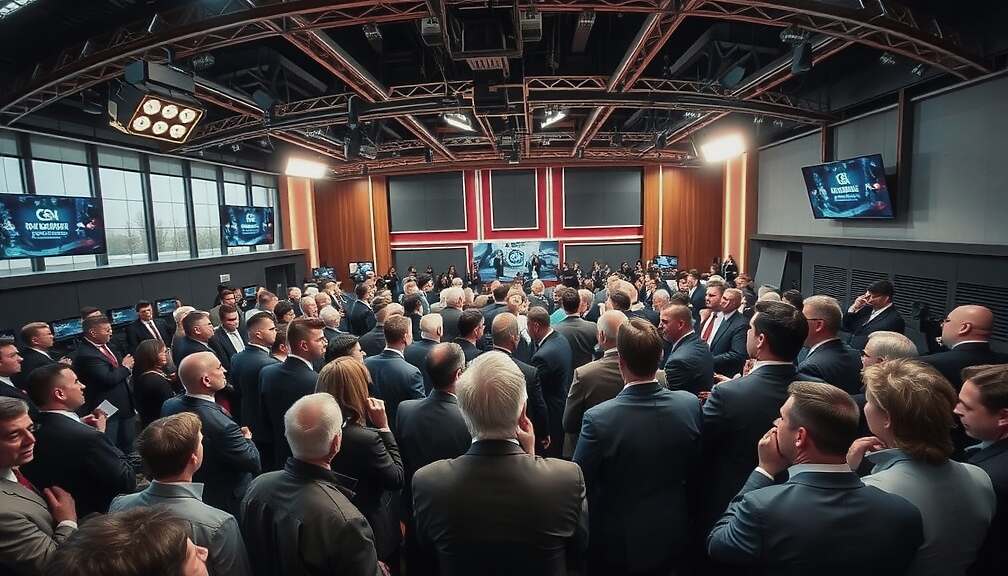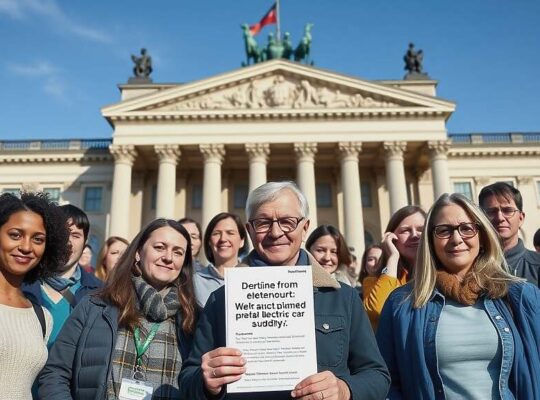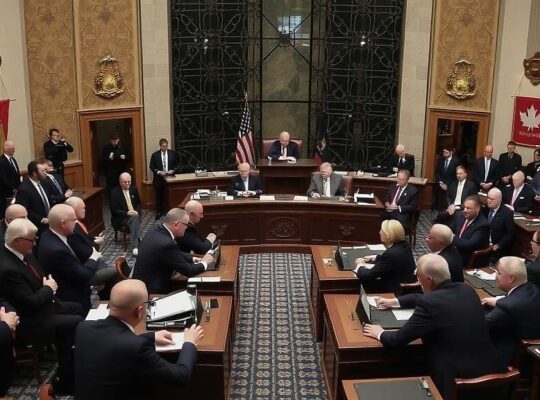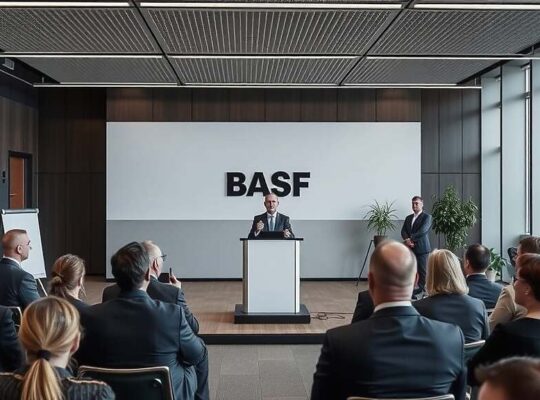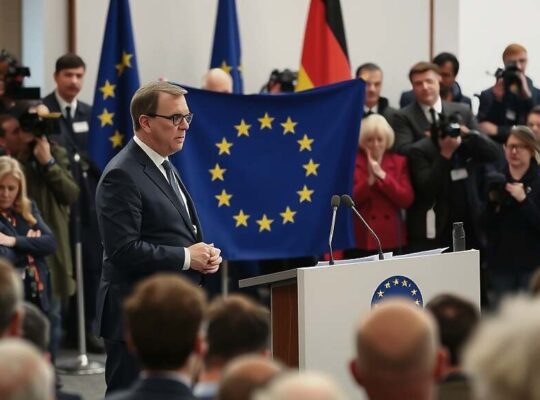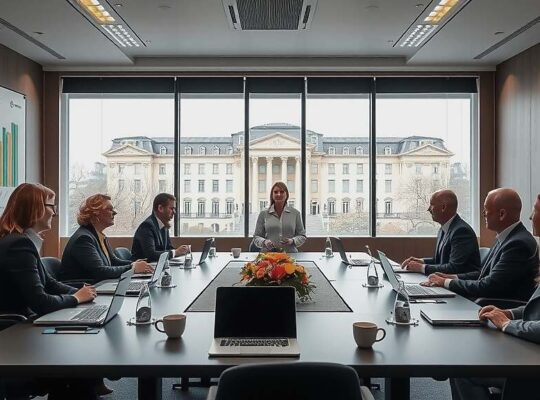The Bavarian Minister-President and leader of the CSU, Markus Söder, has faced sharp criticism from the opposition parties following the presentation of his ten-point plan for the automotive industry.
Andreas Audretsch, parliamentary vice-president of the Green Party, argued that the future lies in electric mobility and called for a focus on supporting German companies in this sector. He advocated for a social leasing program for electric vehicles, increased investment in charging infrastructure, affordable electricity and protection for automakers against dumping from China. Audretsch accused Söder and the Union of campaigning against progressive technologies and jeopardizing hundreds of thousands of jobs.
Leif-Erik Holm, economic policy spokesman for the AfD, called for the abolition of the combustion engine ban and the prevention of dramatic CO2 penalties, allowing drivers and manufacturers to choose their preferred powertrain. He characterized “electric car subsidies” as a flawed approach leading to substantial costs for taxpayers and suggested a “renaissance of nuclear power” alongside profitable gas power plants to address energy policy challenges. Holm also criticized an excessive regulatory burden, calling for the removal of mandatory driver assistance systems and other obligations.
Agnes Conrad, spokesperson for sustainable automotive policy for the Left Party, emphasized the need for conditional state aid to the automotive industry, tying support to job and location guarantees. She proposed transforming large automotive corporations into public-interest foundations to prioritize secure jobs, climate-neutral production and regional value creation over shareholder profits. Conrad criticized Söder’s focus on combustion engines as detrimental to job security and advocated for a socially-ecological transformation, including expanded public transport and a strong protection for suppliers.
Sepp Müller (CDU), vice-president of the Union parliamentary group, defended the automotive and supply industry as a vital component of the German economy. He called for competitive energy prices, reduced bureaucracy and tax incentives to maintain Germany as an automotive hub. Müller also highlighted the need for a technology-neutral transition rather than outright bans.
Holm dismissed Söder’s plan as insubstantial and criticized his motives, suggesting he was unlikely to achieve his demands within the current coalition. He argued the issues facing the automotive industry have been known for years and questioned why Söder was raising these concerns now.


